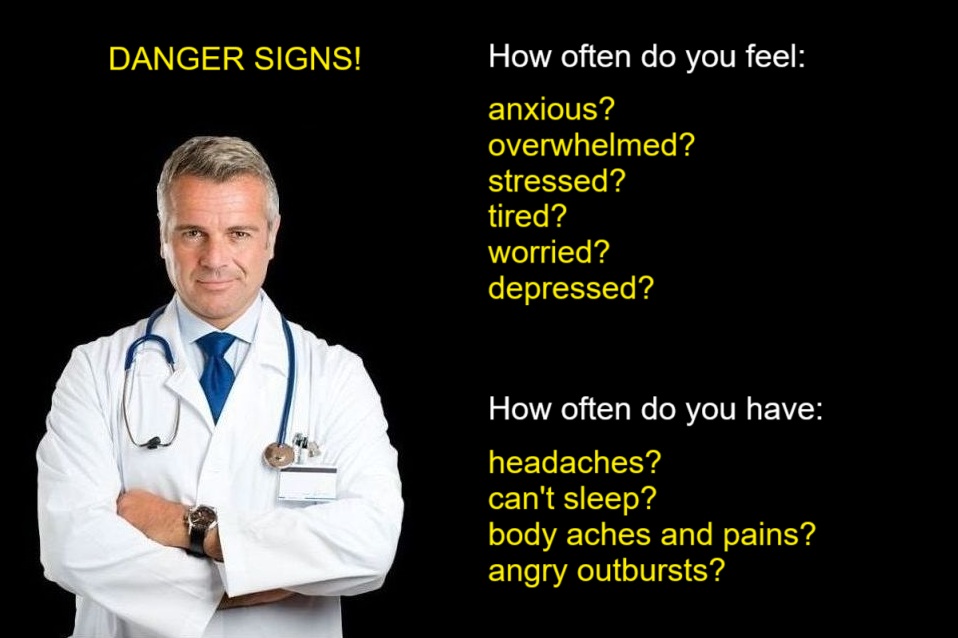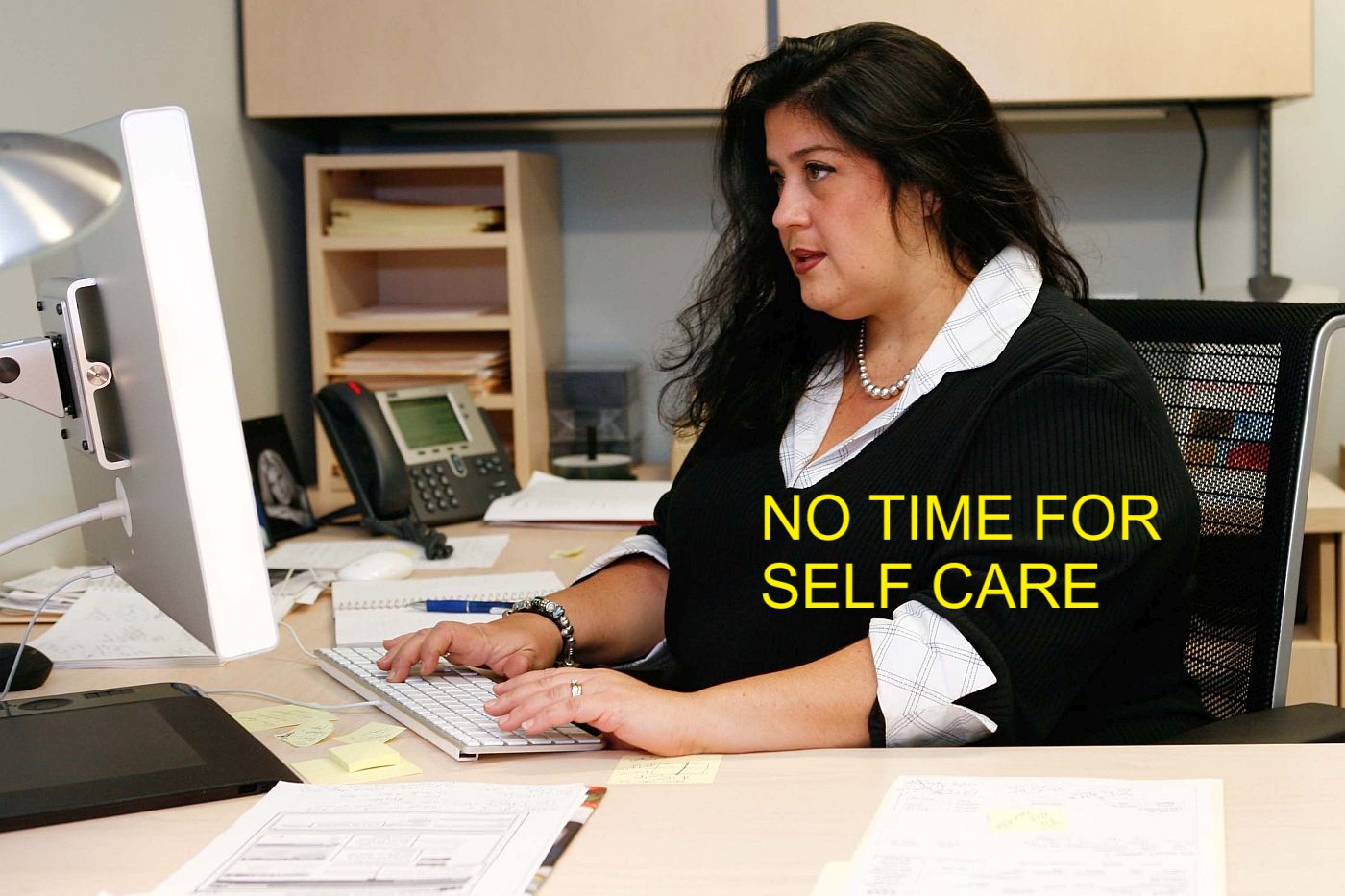Diversity, Equity, and Inclusion (DEI) initiatives have become increasingly crucial in fostering a sense of belonging and ensuring fair treatment for all members of society. However, a concerning trend is emerging across the nation: the retreat of DEI policies, often fueled by anti-DEI legislation. This shift has far-reaching implications, extending beyond the workplace and educational institutions to deeply impact the mental health of entire communities, particularly those already marginalized. This article delves into the broader societal mental health consequences of anti-DEI laws, examining how systemic exclusion fuels collective trauma in marginalized communities and highlighting crucial mental health resources and resistance strategies for affected groups.
The Erosion of Safe Spaces: Understanding Anti-DEI Legislation
Before exploring the mental health impacts, it’s critical to understand the nature of anti-DEI legislation and its intended and unintended consequences. These laws often take various forms, including:
- Bans on Critical Race Theory (CRT): While often misrepresented, CRT is an academic framework that examines systemic racism within legal and social institutions. Bans on CRT in schools limit discussions about race, inequality, and historical injustices, potentially silencing marginalized voices and erasing their experiences.
- Restrictions on LGBTQ+ Protections: These laws can target LGBTQ+ individuals by restricting access to gender-affirming care, limiting discussions about LGBTQ+ identities in schools, and allowing discrimination based on sexual orientation or gender identity.
- Limitations on Affirmative Action: As seen in recent Supreme Court decisions, affirmative action policies designed to promote diversity in higher education are being challenged and dismantled, potentially limiting opportunities for underrepresented groups.
The common thread across these legislative efforts is a rollback of policies aimed at creating a more equitable and inclusive society. This retreat can have a profound and detrimental impact on the mental well-being of individuals and communities who rely on these protections.
Systemic Exclusion and Collective Trauma
The erasure of DEI initiatives can contribute to feelings of invisibility, invalidation, and fear among marginalized groups. Systemic exclusion, the process by which certain groups are denied equal access to resources, opportunities, and rights, creates a climate of oppression and discrimination. This can manifest as:
- Increased Anxiety and Fear: Anti-DEI legislation can trigger anxiety and fear among those who feel targeted. The uncertainty of their rights and safety can lead to chronic stress and hypervigilance.
- Feelings of Rejection and Isolation: When policies that explicitly recognize and support marginalized identities are removed, individuals may feel rejected and isolated, leading to loneliness and a decreased sense of belonging.
- Erosion of Trust: The retreat of DEI initiatives can erode trust in institutions and systems, particularly among communities who have historically experienced discrimination. This distrust can make it difficult to seek help or engage with services designed to support them.
This systemic exclusion can contribute to collective trauma, a shared experience of distress and suffering that impacts an entire community. The historical and ongoing trauma experienced by marginalized groups, compounded by the current wave of anti-DEI legislation, creates a climate of chronic stress and adversity.
Mental Health Consequences: A Deeper Dive
The psychological consequences of anti-DEI legislation are multifaceted and can manifest in various ways:
- Increased Rates of Depression: Feelings of hopelessness, despair, and worthlessness can escalate as individuals grapple with the loss of supportive policies and the rise of discriminatory rhetoric.
- Elevated Anxiety Levels: The constant threat of discrimination and the fear for one’s safety or the safety of loved ones can lead to generalized anxiety disorder, panic attacks, and other anxiety-related conditions.
- Post-Traumatic Stress Disorder (PTSD): Experiences of discrimination, microaggressions, and hate speech can trigger traumatic stress responses, leading to symptoms such as flashbacks, nightmares, and avoidance behaviors.
- Identity Crisis and Confusion: The erosion of DEI initiatives can lead to confusion and questioning of one’s identity, particularly among young people who are still developing their sense of self.
- Increased Substance Abuse: As a coping mechanism for the emotional pain and stress caused by systemic exclusion, some individuals may turn to substance abuse, further exacerbating their mental health challenges.
- Suicidal Ideation: In severe cases, the despair and hopelessness associated with discrimination and marginalization can lead to suicidal thoughts and behaviors.
It is critical to recognize that the mental health impacts of anti-DEI legislation are not uniform. Individuals with pre-existing mental health conditions, those who experience multiple forms of marginalization (e.g., race, gender, sexual orientation, disability), and those who lack adequate support systems are particularly vulnerable.
Mental Health Resources and Resistance Strategies
Despite the challenging climate, there are strategies individuals and communities can employ to protect their mental health and resist the harmful effects of anti-DEI legislation:
- Seek Support Groups and Communities: Connecting with others who share similar experiences can provide a sense of belonging, validation, and mutual support. Look for local or online support groups related to your specific identity or concern.
- Access Mental Health Services: Therapy, counseling, and psychiatric services can provide individuals with the tools and strategies they need to cope with stress, anxiety, and trauma. Seek out therapists who are culturally competent and have experience working with marginalized communities.
- Practice Self-Care: Prioritize activities that promote well-being, such as exercise, mindfulness, meditation, spending time in nature, and engaging in creative pursuits.
- Engage in Advocacy and Activism: Taking action to fight against anti-DEI legislation can empower individuals and create positive change. This can include contacting elected officials, participating in protests, and supporting organizations that advocate for social justice.
- Create Safe Spaces: Establish safe spaces within communities where individuals can express themselves freely, share their experiences, and build connections without fear of judgment or discrimination.
- Educate and Raise Awareness: Speak out against anti-DEI rhetoric and educate others about the harmful impacts of these policies on mental health and well-being.
- Build Coalitions: Collaborate with different groups and organizations to build a broad coalition that can advocate for policy changes and promote social justice.
Resources:
- The Trevor Project: Provides crisis intervention and suicide prevention services to LGBTQ+ young people.
- Mental Health America: Offers information, resources, and advocacy on mental health issues.
- National Alliance on Mental Illness (NAMI): Provides support, education, and advocacy for individuals and families affected by mental illness.
- The Loveland Foundation: Offers therapy and mental health support to Black women and girls.
Conclusion: Reclaiming Belonging and Fostering Resilience
The retreat of DEI policies poses a significant threat to the mental health and well-being of marginalized communities. By understanding the systemic nature of this exclusion and its psychological impacts, we can begin to develop effective strategies for resistance and resilience. It is crucial to prioritize mental health support, foster safe spaces, and advocate for policies that promote equity and inclusion. When belonging disappears, it is our collective responsibility to reclaim it, creating a society where all individuals can thrive, regardless of their identity or background. The fight for DEI is not just about policy; it’s about protecting the mental health and well-being of our communities, fostering hope, and building a more just and equitable future for all.












